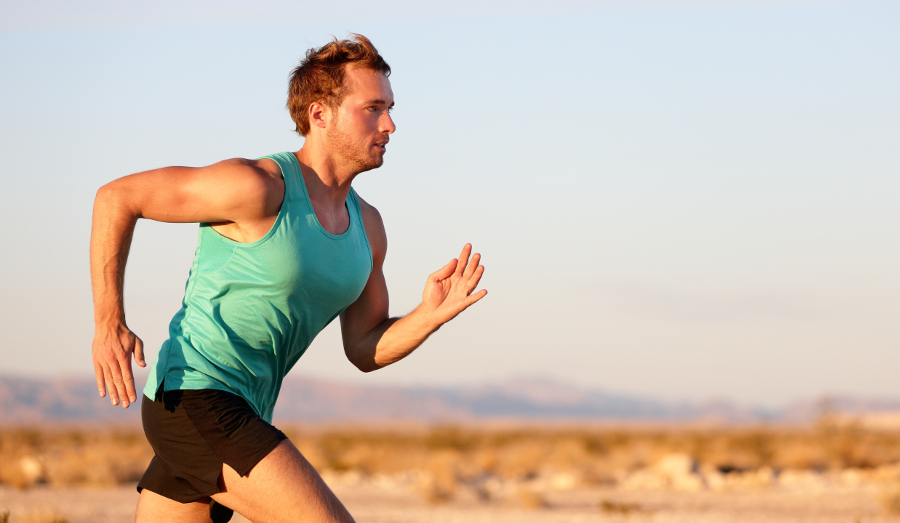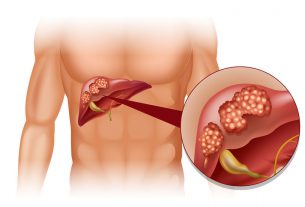Look around you and you can readily see how overweight many Westerners have become. Obesity and all its effects are quickly becoming a scourge to society. Along with the obvious physical downside to obesity, it brings with it additional health consequences in the form of an increased risk of developing diabetes and heart disease.
Diabetes in particular is becoming far more widespread, as the combination of poor diet, poor sleep, physical inactivity, and being overweight is catching up to millions more people. Over 30 million people in the United States currently suffer from diabetes, while nearly triple that number may be at risk of developing the disease. But what if there were a way to combat the disease and its effects? That’s just what researchers are trying to find out.
There are obvious ways to try to combat diabetes, including changes to diet, but some of those methods may take a while to bear fruit. So how about exercise?
Researchers recently conducted a small study (16 participants) to try to determine what effects high intensity interval training (HIIT) might have on diabetes patients. The 11 participants who took part in the HIIT training engaged in exercise sessions over a 3-month period. Their exercise consisted of 25-minute exercise sessions, in which 10 minutes of each session were conducted at high intensity.
The results demonstrated that, even without changes to diet or medication, those engaging in HIIT training were able to improve their heart function significantly over the course of those three months. That’s very promising news for those who may already be suffering from diabetes, although it will obviously require further studies to determine how widespread the benefits of HIIT training are.
HIIT training doesn’t have to be super rigorous either, as engaging in exercise that’s too strenuous for those who are out of shape can be detrimental. But even something as simple as a fartlek run can do the trick. If you run on a track, run the curves and walk the straightaways. That’s very similar to HIIT training. Or walk up and down stairs then walk around your hallway and repeat. Anything that gets you moving, alternates high and low intensity exercise, and gets your heart pumping can be helpful.
This article was originally posted on Red Tea News.





